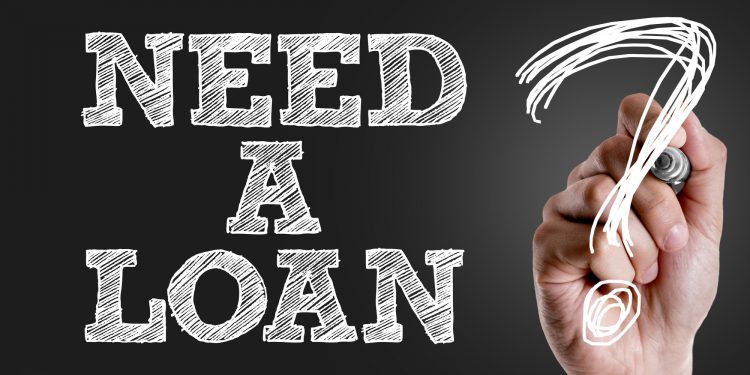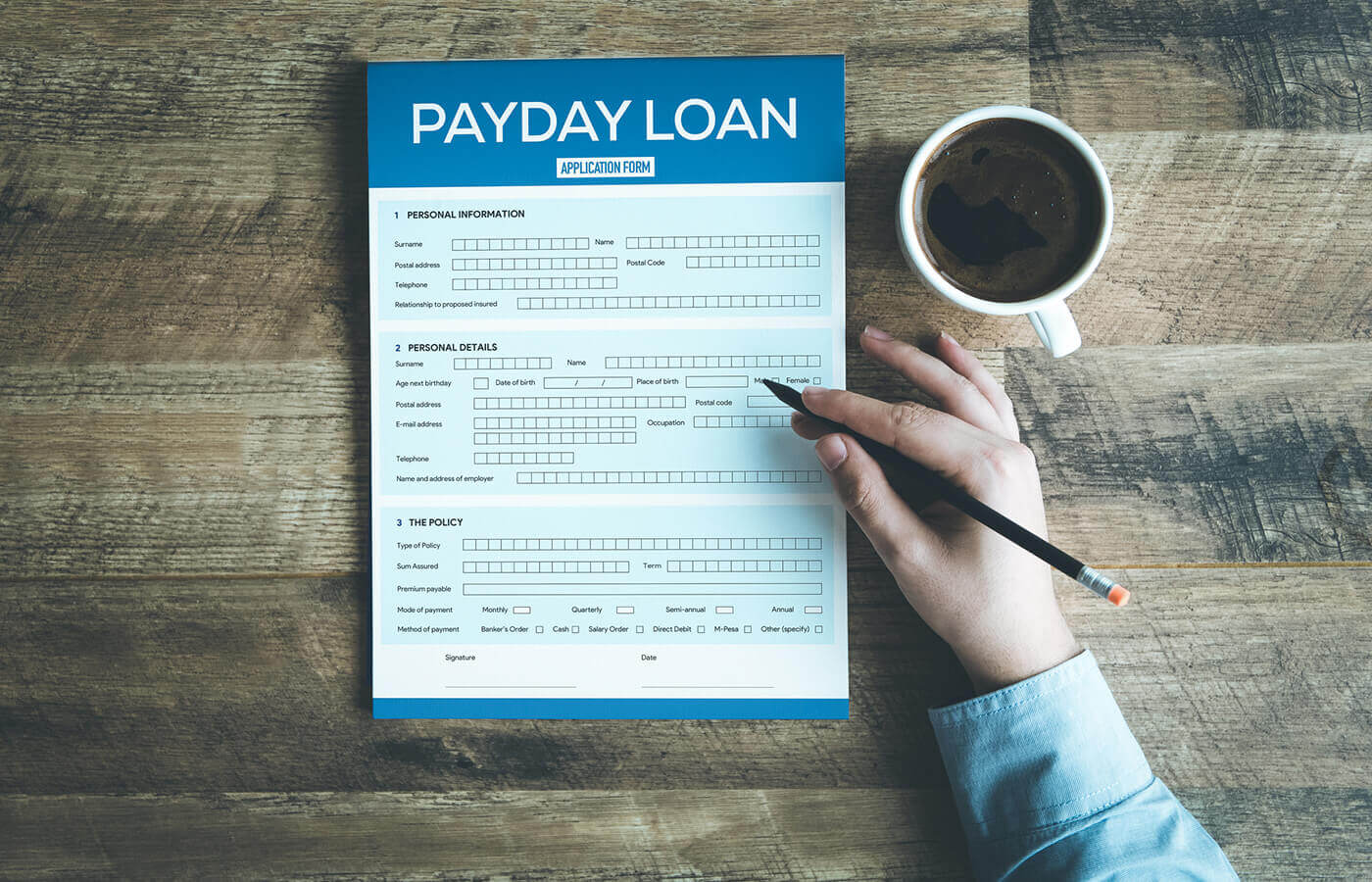A Comprehensive Guide to Home Loans: Services and Options Explained
Charting the world of mortgage can be complex. Numerous choices exist, each with one-of-a-kind features and ramifications for potential home owners. Comprehending the differences in between traditional and government-backed finances is important. The application procedure involves meticulous paperwork and pre-approval actions that lots of neglect. As customers start on their home-buying journey, knowing exactly how to handle these obligations properly might indicate the distinction in between financial stability and hardship. What methods can empower them on this path?
Comprehending Home Loans: Types and Terms
Understanding the different kinds of home loans and their associated terminology is crucial for prospective homeowners, as it outfits them with the understanding required to make enlightened monetary decisions. Home loans can be extensively classified right into adjustable-rate and fixed-rate mortgages. Fixed-rate home mortgages preserve a constant interest price over the life of the car loan, providing security in regular monthly repayments. Cash Loans. Alternatively, variable-rate mortgages feature rate of interest that might vary after an initial set duration, possibly resulting in reduced preliminary repayments yet boosted future costs
Additional terminology is very important for clarity. Principal refers to the finance amount obtained, while interest is the cost of borrowing that amount. The regard to the financing shows its duration, generally ranging from 15 to thirty years. Understanding these fundamental principles allows prospective buyers to navigate the complex landscape of home financing, guaranteeing they select the ideal finance option that lines up with their financial scenario and long-term goals.
Traditional Fundings vs. Government-Backed Loans
A significant difference in home financing exists between government-backed car loans and conventional lendings, each dealing with different borrower needs and conditions. Traditional financings are not insured or guaranteed by the federal government and generally need greater credit rating and down settlements. They are frequently attracting debtors with secure economic histories, as they might provide affordable interest rates and terms.
In comparison, government-backed lendings, such as FHA, VA, and USDA car loans, are designed to help specific teams of debtors, including first-time property buyers and veterans. Fast Cash. These car loans normally include lower down payment demands and even more adaptable credit score criteria, making them easily accessible to a wider range of individuals
Eventually, the selection between conventional and government-backed finances rests on the borrower's economic circumstance, long-term objectives, and qualification, making it vital to carefully review both alternatives prior to choosing.

The Role of Rates Of Interest in Home Financing
Rates of interest play a vital duty in home funding, affecting borrowers' choices in between variable and fixed rate fundings. The option between these options can considerably influence month-to-month settlements, impacting general price. Recognizing just how rate of interest operate is essential for anybody maneuvering via the home finance process.
Fixed vs. Variable Rates
Homebuyers encounter an important decision when choosing between repaired and variable prices, as this option significantly impacts the price of financing over time. Fixed-rate home loans offer security, securing an interest rate for the life of the lending, which can be advantageous in an increasing rates of interest atmosphere. This predictability permits property owners to budget extra properly. Conversely, variable-rate home mortgages, or variable-rate mortgages (ARMs), typically start with reduced initial rates that can change based upon market conditions. While this may lead to lower preliminary settlements, customers encounter the danger of raised prices in the future. Inevitably, the choice in between set and variable rates depends upon individual monetary situations, threat tolerance, and assumptions regarding future rate of interest fads.
Influence On Month-to-month Payments
When evaluating home funding alternatives, the impact of rate of interest on monthly payments is an essential variable to contemplate. Rates of interest directly affect the total cost of borrowing, impacting just how a lot a customer will certainly pay each month. A reduced rate of interest cause smaller sized monthly payments, making homeownership much more budget friendly. Conversely, higher rates can greatly enhance regular monthly obligations, potentially straining a property owner's spending plan. Additionally, the car loan term plays a crucial function; longer terms may spread out settlements out yet can lead to paying more rate of interest gradually. Comprehending exactly how rate of interest interact with car loan amounts and terms is important for consumers to make enlightened financial choices and pick a home loan that straightens with their long-term economic objectives.
Home Loan Brokers vs. Direct Lenders: Which Is Right for You?
When thinking about a home loan, possible debtors should comprehend the distinct duties and obligations of home mortgage brokers and direct lenders. Each alternative provides its very own advantages and downsides, which can substantially influence the total expense of funding. An informed selection needs careful analysis of these variables to identify the most effective fit for individual demands.
Functions and Duties Specified
Maneuvering the complexities of home funding needs a clear understanding of the roles and responsibilities of home mortgage brokers and straight loan providers. Home mortgage brokers function as intermediaries, connecting debtors with lenders. They examine a borrower's monetary circumstance, curate car loan alternatives, and guide customers through the application process, typically leveraging multiple lender partnerships to secure positive terms. Alternatively, straight lenders, such as banks and credit report unions, supply fundings directly to debtors. They handle the entire lending procedure, from application to funding, with a concentrate on their very own products. click here for more Each choice provides distinct opportunities for obtaining funding, making it essential for consumers to review their choices and demands when choosing between involving a home loan broker or collaborating with a straight lender.
Advantages and disadvantages Comparison
Selecting in between a home mortgage broker and a straight lending institution can significantly impact the home funding experience, as each alternative supplies unique benefits and disadvantages. Home mortgage brokers function as intermediaries, supplying access to several lenders and potentially much better prices, while streamlining the funding process. They may charge costs and rely on commission frameworks that can influence their suggestions. On the various other hand, direct loan providers enhance the procedure by offering internal lendings, which can lead to much faster approvals and less complications. Alternatively, they may have a limited selection of products and much less versatility regarding rates. Eventually, the choice depends upon individual choices, monetary scenarios, and the desired degree of support throughout the mortgage trip.
Cost Ramifications Analyzed
While evaluating the expense implications of home mortgage brokers versus direct lending institutions, potential homeowners need to consider numerous factors that can substantially affect their overall costs. Home loan brokers usually bill costs for their solutions, which can differ significantly, influencing the overall financing price. However, they usually have accessibility to a larger variety of loan products and competitive rates, possibly conserving consumers money over time. Conversely, straight loan providers may offer a much more simple process with perhaps reduced upfront costs, but their car loan choices might be limited. It is necessary for homeowners to compare interest rates, costs, and terms from both lenders and brokers, ensuring they make an informed choice that straightens with their monetary objectives and requirements.
The Home Lending Application Refine: What to Expect

The mortgage application procedure can frequently feel daunting for numerous candidates. It commonly starts with collecting essential documents, consisting of evidence of income, credit report background, and individual identification. Lenders utilize this details to analyze the candidate's economic security and figure out finance qualification.
Next off, candidates send an official application, which may involve filling out online types or providing information face to face. Throughout this phase, lenders examine different aspects, such as debt-to-income ratio and credit rating, to choose on finance terms.
As soon as pre-approved, the lending institution will certainly perform a detailed assessment of the residential or commercial property to ascertain its value aligns with the lending amount. This stage may also consist of added background checks.

After final approvals and conditions are met, the financing is processed, causing the closing phase. Comprehending each step equips applicants, making the journey smoother and much more convenient as they relocate toward homeownership.
Tips for Managing Your Home Lending Properly
Efficiently navigating the mortgage application process is just the beginning of a responsible financial journey. Taking care of a home loan requires focus to several vital methods. Initially, customers need to develop a clear budget plan that accommodates monthly mortgage settlements, residential property tax obligations, and insurance. On a regular basis examining this budget helps avoid overspending and assurances timely settlements.
Furthermore, making added settlements when feasible can substantially decrease the loan principal and overall interest paid over time. Debtors should likewise keep open lines of interaction with their lender, particularly in times of economic difficulty. This can cause possible services such as car loan alterations or re-financing options.
It is a good idea to keep track of debt scores frequently. A great credit history can supply opportunities for much better loan terms in the future. Payday Loans. By adhering to these suggestions, property owners can navigate their funding duties effectively, ensuring long-term economic health and wellness and security
Regularly Asked Inquiries
What Are Closing Costs and Exactly How Are They Determined?
Closing expenses include fees linked with settling a home loan, consisting of assessment, title insurance, and funding origination charges. These expenses usually range from 2% see here now to 5% of the lending amount, differing based on location and loan provider.
Can I Certify for a Home Mortgage With Bad Credit Rating?
Yes, people with poor credit report can receive a mortgage, though alternatives may be limited. Lenders typically call for greater down repayments or interest prices, and checking out government-backed anchor fundings may improve possibilities of approval.
What Is Home mortgage Insurance coverage and When Is It Required?
Home mortgage insurance coverage protects loan providers against default and is commonly required when a borrower makes a deposit of less than 20%. It ensures that lenders recuperate losses if the customer stops working to settle the car loan.
Just How Does Refinancing Work and When Should I Consider It?
Refinancing entails replacing a current home mortgage with a new one, typically to safeguard a lower rates of interest or change finance terms. House owners ought to think about refinancing when rate of interest go down considerably or their monetary circumstance improves.
What Occurs if I Miss a Mortgage Repayment?
If a home mortgage settlement is missed out on, the loan provider typically examines late costs, reports the misbehavior to credit history bureaus, and may launch repossession process if payments proceed to be disregarded, at some point threatening the homeowner's property.
Fixed-rate home mortgages preserve a regular passion rate over the life of the finance, giving security in regular monthly repayments. A substantial distinction in home funding exists in between standard car loans and government-backed financings, each catering to different borrower demands and situations. In comparison, government-backed car loans, such as FHA, VA, and USDA finances, are developed to help particular groups of customers, consisting of first-time homebuyers and veterans. Passion prices play a crucial function in home financing, affecting consumers' choices in between set and variable price lendings. Fixed-rate home loans provide security, locking in a passion rate for the life of the lending, which can be useful in an increasing interest rate setting.